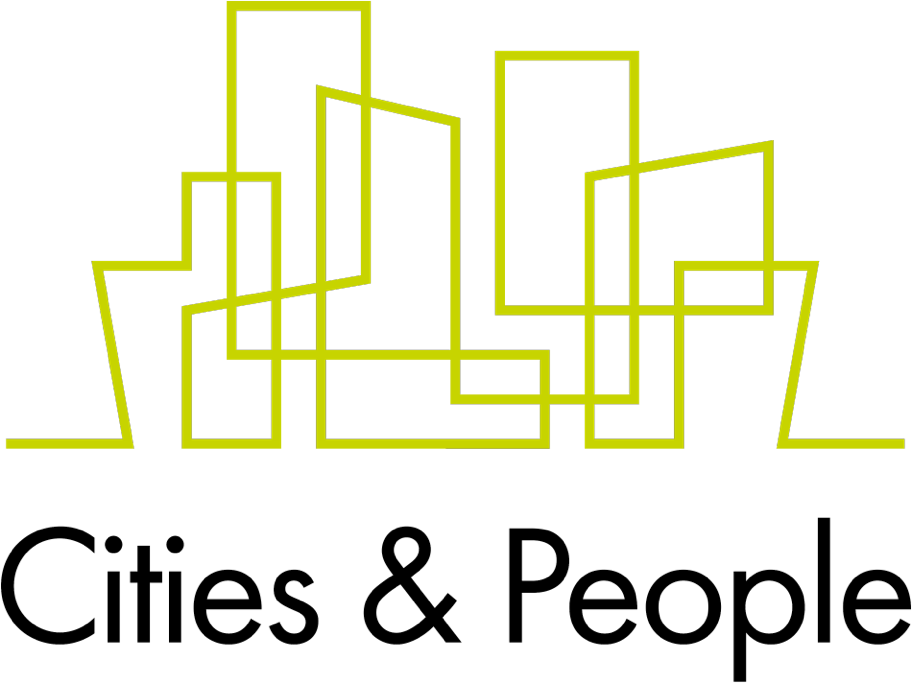From 2021-2023, College Futures Foundation contracted us to advise and coach them and their statewide network grantee cohort. The foundation sought to increase engagement, connection, and purpose among the grantees and to quietly coach the two facilitating organizations on their facilitation, project management, and roles in the cohort. Our work resulted in the network of grantees reporting a tremendous increase in buy-in for the network. The outcomes included grantees co-designing a new governing and participation structure for the network, co-creating a new purpose for their work together, and sharing a newfound excitement and engagement level with the foundation as a partner.
We are currently completing a second, large-scale evaluation project with the foundation to assess the impact of their strategy on their policy and advocacy grantees, offering them feedback throughout the project timeline.
Throughout 2023, while facilitating the five-year strategic visioning and planning process of the California Work & Family Coalition, a coalition that focuses on paid family leave, sick days, and safety days for workers throughout California, Cities & People was asked to provide bi-weekly executive coaching for the organization’s Executive Director. The coaching focused on staff management, supervision, motivation, and goal-setting, as well as organizational development, member and partner relationship-building, and change management.
The Metro College Success Program, which helps bridge the opportunity gap for underprepared first-generation college students at San Francisco State University, attracts bright, qualified, and passionate instructors who teach first-year experience, second-year experience, and capstone courses along the program's two-year educational pathway. While few instructors come prepared to teach college writing and critical thinking, Metro students require writing and reasoning support across the curriculum to succeed. All three Metro core courses include a writing-intensive research assignment designed to nurture critical thinking within a social justice framework.
Past attempts to interest instructors in attending workshops and brownbags on teaching writing and critical thinking had received a lukewarm response, which was not surprising. Research in teacher education has pointed to the need for teachers' empowerment in their own professional learning, so when Metro's Faculty Learning Community brought us in to work on building faculty skills, we drew on Laurie’s experience designing faculty-led assessments of program-wide student work for California State University Monterey Bay's first-year-experience program.
In faculty-led assessment, instructors have the opportunity to assess student work from other sections of the course they teach as well as from other courses in the pathway in which they teach, which results in a stronger context and motivation for supporting student achievement. For Metro, we developed, implemented, and evaluated a year-long pilot for a student-centered, teacher-led, program-level assessment of student learning in writing and critical thinking, delivering full documentation and recommendations for the next iteration of the assessment work. Once a post-pilot baseline was established, Metro was positioned to add findings about instructional achievement and student learning to their other indicators of program effectiveness.
The number of advocacy organizations in California who recruit, prepare, place, and technically support low-income people of color for appointed local and state commission service was growing, yet clusters of these organizations were operating in geographic silos without the cross-fertilization needed for innovation.
Based on Laurie’s past work developing Urban Habitat's Boards and Commissions Leadership Institute in the Bay Area and our current work on the Liberty Hill Foundation's Emerging Leaders Program in Los Angeles, the California Endowment and the James Irvine Foundation asked us to design and lead a learning community. This community would encourage knowledge and strategy sharing among organizations including the African American Board Leadership Institute, Building Healthy Communities Long Beach (now LB Forward), the Center for Community Action and Environmental Justice, the Center on Policy Initiatives, the Liberty Hill Foundation, Mid-City Community Advocacy Network (Mid-City CAN), the South Sacramento Building Healthy Communities Boards and Commissions Leadership Institute, and Urban Habitat.
Our work together culminated in a commitment from those groups to continue sharing information and strategies, including evaluation strategies. The learning community continues to meet for an annual multiday retreat, with Urban Habitat stepping up to manage the collective. They've since called on us to augment evaluation tools, including a resource guide for conducting data-rich interviews with program alumni.






